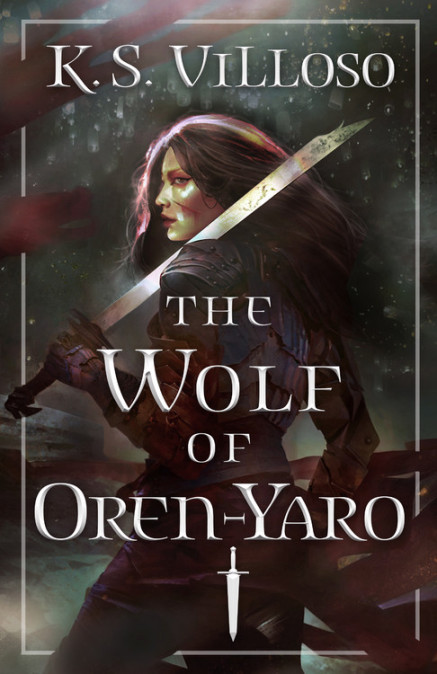There was way too much modern language in the book. A lot of it made me cringe. I’m fine with Kaladin becoming a fantasy therapist. But they shouldn’t call it that (“mind surgeon” would be a good example of the term in a way he could understand it), and he absolutely shouldn’t have been as effective of a therapist as the book wanted him to be. Treating Szeth in less than 10 days already broke my suspension of disbelief a ton, the Nale and Ishar stuff was a step too far.
I was super disappointed when Dalinar and the others got stuck in the Spiritual Realm. I immediately was able to predict that Dalinar would only be able to get back last minute, that Gavinor would be the champion, and that Shallan would free Ba Ado Mishram. And the way that the Gavinor twist was implemented, with a fake Spirit child, was dumb. It would have been way more interesting if Gavinor was separated in the Spirit Realm and they knew they hadn’t got him back, but had to go back and fight the duel. I did enjoy most of the lore dumps about the early days of Roshar, especially when we got it from Honor’s perspective, but a lot of it could have been cut out/shortened. Did we need to see Aharietiam again just to learn that Honor was there and let them choose? Did we need to see the foundation of the Oathpact just to learn that Taln was a peasant that tried to kill Cultivation? The Stormfather refusing to help Dalinar felt just like a way to pad the book, which didn’t need padding.
Moash barely did anything this book and El also felt like a useless addition. There are too many characters. I cannot keep track of 100+ characters with varying levels of importance, including Interlude characters, at least with how Sanderson treats it. A lot of characters could be merged together while keeping their roles in the story and making it easier for the audience to remember who they are years later. There’s already a ton of main characters. I barely remember half of Bridge Four, and most of the important ones that I was attached to were dead/gone from previous books (Teft, Rock), or barely present (Lopen).
I loved the ending, though. Dalinar sacrificing himself to give Taravangian another Shard and unite the Cosmere against him was great. Seems that the last 5 books will be much more Cosmere aware. Kaladin reforging the Oathpact and becoming a Herald was great, even if “Herald of Second Chances” is an idiotic name. Shallan learning about her mother being a Herald was great and I’m interested to see what she and her kid will be doing in the next arc. I’ve always liked Renarin and I’m glad he has a bigger role this book. Adolin was amazing throughout the book and I’m glad he’s spreading his Unoathed bond with dead spren. Navani kind of felt just along for the ride this time, which is weird because she was one of the few things I thought was great in Rhythm of War. I loved Szeth’s backstory, poor Molli, and while his video game style quest and heavy handed therapy sessions weren’t my favorite, I did like his role towards the end.
So even if the journey was a bit of a slog, the destination was well worth it. The irony.



